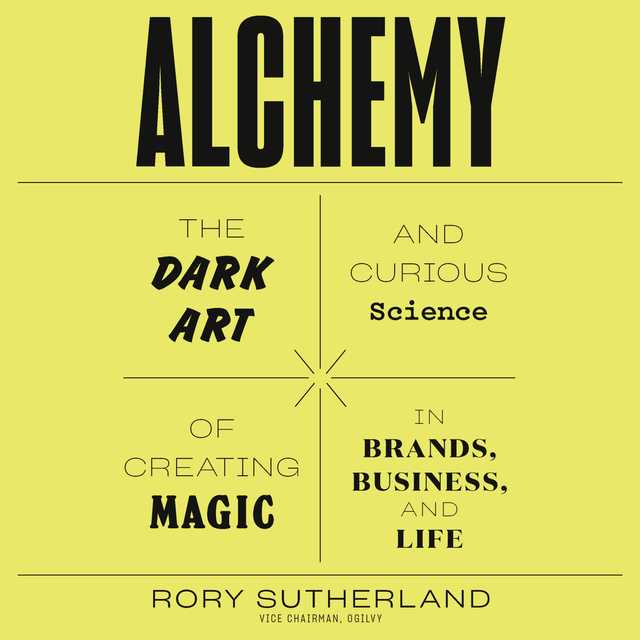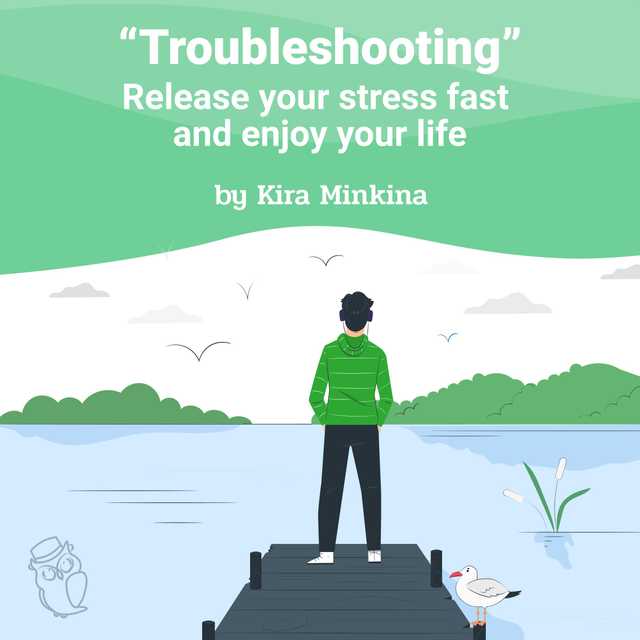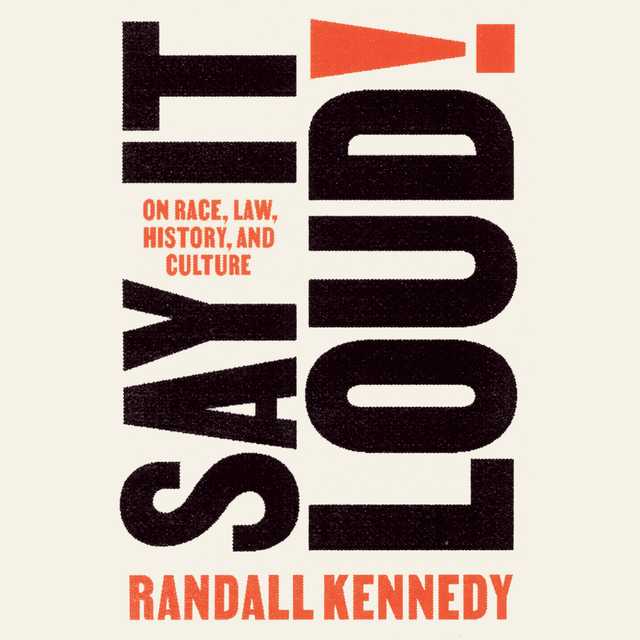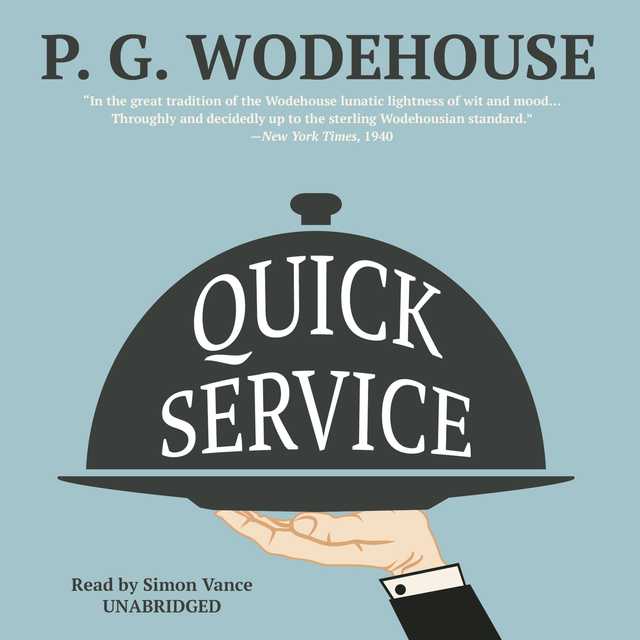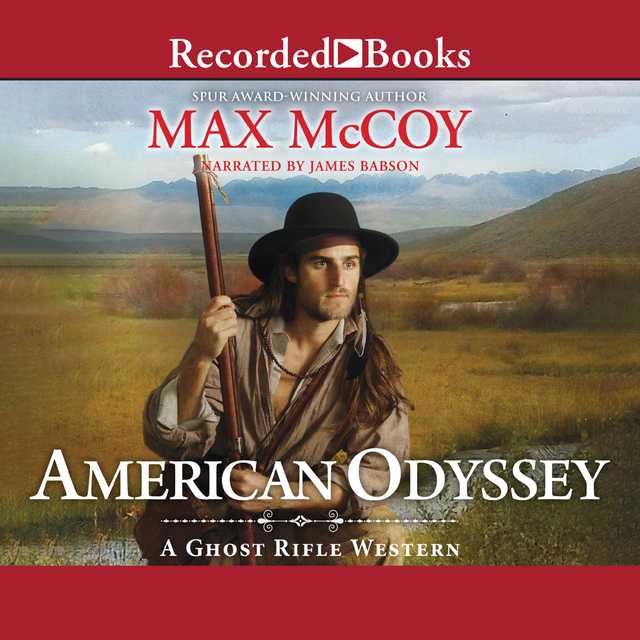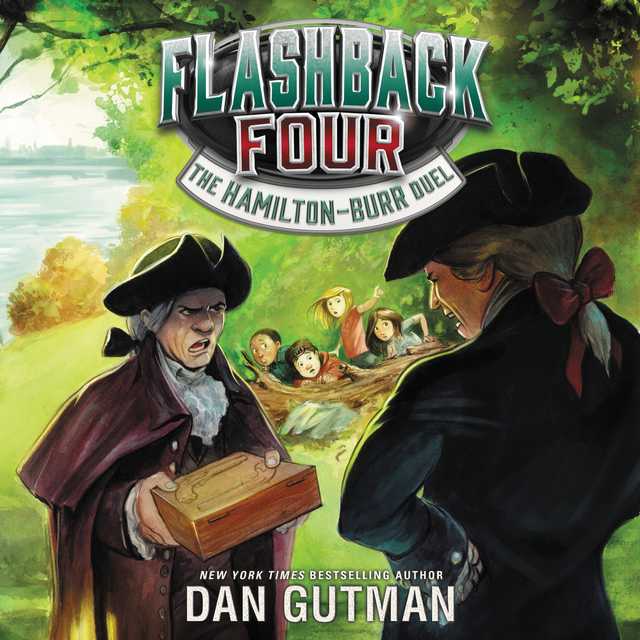Alchemy Audiobook Summary
HOW DOES MAGIC HAPPEN? The Ogilvy advertising legend–“one of the leading minds in the world of branding” (NPR)–explores the art and science of conjuring irresistible products and ideas.
“A breakthrough book. Wonderfully applicable to about everything in life.” –Nassim Nicholas Taleb, author of The Black Swan
“Veins of wisdom emerge regularly and brilliantly from these pages. Don’t miss this book.” –Robert B. Cialdini, author of Influence
Why is Red Bull so popular, though everyone–everyone!–hates the taste? Humans are, in a word, irrational, basing decisions as much on subtle external signals (that little blue can) as on objective qualities (flavor, price, quality). The surrounding world, meanwhile, is irreducibly complex and random. This means future success can’t be projected on any accounting spreadsheet. To strike gold, you must master the dark art and curious science of conjuring irresistible ideas: alchemy.
Based on thirty years of field work inside the largest experiment in human behavior ever conceived–the forever-unfolding pageant of consumer capitalism–Alchemy, the revolutionary book by Ogilvy advertising legend Rory Sutherland, whose TED talks have been viewed nearly seven million times, decodes human behavior, blending leading-edge scientific research, absurdly entertaining storytelling, deep psychological insight, and practical case studies from his storied career working on campaigns for AmEx, Microsoft, and others.
Heralded as “one of the leading minds in the world of branding” by NPR, Sutherland is a unique thought leader, as comfortable exchanging ideas with Nobel Prize winners Daniel Kahneman and Richard Thaler (both interviewed in these pages) as he is crafting the next product launch. His unconventional and relentlessly curious approach has led him to discover that the most compelling secrets to human decision-making can be found in surprising places:
What can honey bees teach us about creating a sustainable business?
How could budget airlines show us how to market a healthcare system?
Why is it better to be vaguely right than precisely wrong?
What might soccer penalty kicks teach us about the dangers of risk-aversion?
Better “branding,” Sutherland reveals, can also be employed not just to sell products, but to promote a variety of social aims, like getting people to pay taxes, improving public health outcomes, or encouraging more women to pursue careers in tech.
Equally startling and profound, Sutherland’s journey through the strange world of decision making is filled with astonishing lessons for all aspects of life and business.
Other Top Audiobooks
Alchemy Audiobook Narrator
Rory Sutherland is the narrator of Alchemy audiobook that was written by Rory Sutherland
Rory Sutherland is vice chairman of Ogilvy. His TED Talks have been viewed more than 6.5 million times. He lives in London.
About the Author(s) of Alchemy
Rory Sutherland is the author of Alchemy
More From the Same
- Publisher : HarperAudio
- Abraham
- American Gods [TV Tie-In]
- Dead Ringer
- House of Sand and Fog
- Prey
Alchemy Full Details
| Narrator | Rory Sutherland |
| Length | 9 hours 38 minutes |
| Author | Rory Sutherland |
| Publisher | HarperAudio |
| Release date | May 07, 2019 |
| ISBN | 9780062801500 |
Additional info
The publisher of the Alchemy is HarperAudio. The imprint is HarperAudio. It is supplied by HarperAudio. The ISBN-13 is 9780062801500.
Global Availability
This book is only available in the United States.
Goodreads Reviews
Rishabh
May 30, 2019
Delightful read. Breezy and irreverent. The author talks about scenarios where a purely "logical" approach can lead to worse outcomes for business.Had some thought-provoking points. But wasn't particularly well structured.My key takeaways were:1. Economic theory is an insufficient way to identify value proposition - both in B2B and B2C scenarios. Loss avoidance and personal status gains are a much stronger motivators than prospects for economic gains2. The way a question is phrased can influence the decision. For instance, if a waiter asks “Sparkling” or “Bottled” before serving you water at a restaurant, you’re unlikely to say “Tap”3. A Management Consultant would define something narrowly, automate or streamline it, and then regard the savings as profit -- regardless of it's downside consequences. Be wary of narrowly defined problems4. Value is in the hearts and minds of the valuer. You don’t need to tinker with atomic structure to turn lead into gold. You can appeal to human psychology to change perceptions5. Always remember to scent the soap. Don’t just sell utility, sell the experience. Why people use things, and what thing is meant for, are not necessarily the same things
Piinhuann
July 31, 2019
To be honest my rating is 4.5 stars but the Goodreads' system doesn't allow rating "1/2 star".This book first flipped my brain upside down, then it mashed my brain vigorously and I found that my brain became very pulpy and mushy after finished reading this book.The author successfully proved that conventional logic and wisdom fails more than what people think through many real life examples in the book. The central message of the book is that "No one knows anything!". Even Physicists who are Nobel Laureates managed to invent/proved their work through a large element of serendipity and accidents. However, the author also cautioned the readers and the world that innovation is very expensive and very hard mainly because every single human has the tendency to focus on "not doing wrong" instead of "doing great". Humans have the tendency to be defensive than to be offensive. Hence innovation is a tall order unless everyone is open to it. The word "Alchemy" in the book title is more of a metaphor of saying "magic", like how the alchemists in the old days intended to turn low cheap metal (lead) into great metal (gold). Although the alchemists failed to do so in chemistry, the author believes we can still make alchemy happens in other areas (eg: business, policy making, human interactions etc) by using very cheap techniques but making great products/services.After reading this book, I have to allow my brain to enter the fridge for a long time so that it can be frozen and switched back to the original solid form....though it will never be as same as the original unmashed form.
Sean
January 22, 2020
Should be required reading for all the technocrats weaned at the altar of Logos. Question assumptions, ask silly questions, and remember that people (mostly) aren't Homo Econominus.___The economy is not a machine. It is a highly complex system. Machines don't allow for magic, complex systems do. Engineering does not allow for magic. Psychology does.If we allow the world to be run by logical people, we will only discover logical things. But in real life, most things aren't logical - they are psycho-logical (i.e. involve emotion with post-hoc rationalisation).This book is not an attack on the many healthy uses of logic and reason, but it is an attack on a dangerous kind of logical overreach, which demands that every solution should have a convincing rationale before it can even be considered or attempted.Give yourself the permission to suggest slightly silly things, or ask silly questions.Irrational people are much more powerful than rational people, because their threats are so much more convincing.Being slightly bonkers can be a good negotiating strategy: being rational means you are predictable, and being predictable makes you weak.My problem with Marxism is that it makes too much sense.Once you accept that there may be a purpose to things that are hard to justify, you will come to another conclusion: it is perfectly possible to be both rational and wrong. Logical ideas often fail because logic demands universally applicable laws but humans, unlike atoms, are not consistent enough.Two amounts one is prepared to spend in a store : "zero" or "a lot". Purchasing expensive treats or finding bargains both have a dopamine rush.In solving political disputes "rationally" we assume that people interact with all other people in the same way, independent of context, but we don't. Economic exchanges are heavily affected by context, and attempts to shoehorn human behaviour into a one size fits all straitjacket are flawed from the outset - they are driven by our love of certainty. This can only come from theory, which by its very universal nature is free from context.You can never be fired for being logical. If your reasoning is sound and unimaginative, even if you fail, it is unlikely you will take much blame. It is much easier to be fired for being illogical than unimaginative.The reason we do not ask basic questions is because once our brain provides a sound answer, we stop looking for better ones; with a little alchemy, better answers can be found.Loss of power and control can create far stronger feelings of annoyance than loss of punctuality. However we cannot distinguish between the two causes, and are more likely to say "I'm angry cuz my bloody plane's late" rather than "I'm angry because inadequate information has left me powerless".Problem solving is a strangely status conscious job: there are high-status approaches and low-status approaches (think consulting/coding vs design).Science seems to fall short of its ideals whenever the theoretical elegance of the solution or the intellectual credentials of the solver are valued above the practicality of an idea.Perhaps advertising agencies are valuable simply because they create a culture in which it is acceptable to ask daft questions and make foolish suggestions.If you want a simple life, unladen by weird decisions, do not marry anyone who has worked in the creative department of an advertising agency. For good and ill, the job instills a paranoid fear of the obvious and fosters the urge to question every orthodoxy and to rail against every consensus.When I ask an economist, the answer always boils down to bribing people.Reasoning is a priceless tool for evaluating solutions, and essential if you wish to defend them, but it doesn't always do a good job of finding those solutions in the first place.Amazon can be a very big business selling one thing to 47 people, but if it can't sell 47 things to one person, there's a limit to how big it can be.There is a difference between 10% of the time for 10 people, and 100% of the time for 1 person.A person doing recruitment may think they want to hire the best person for the job, but subconsciously they want to avoid hiring someone who is bad. Low variance will be as appealing as high average performance. Hiring a group of people makes for less conventional candidates.There is much potential to increase the level of diversity in employment, education or politics without imposing quotas."Find one or two things your boss is rubbish at and be quite good at them". Complementary talent is far more valuable than conformist talent.The prejudice we apply to a lone black or female candidate might also apply to a lone "anything" candidate.Test counterintuitive things, because no one else will.The model of reason as evolved to defend decisions makes reason not the brain's science / R&D function, but the PR and legal department.We don't value things, we value their meaning. What they are is determined by the laws of physics, but what they mean is determined by the laws of psychology.The nature of our attention affects the nature of our experience.Creating a name for a behaviour implicitly creates a norm for it.Even when designing for the able-bodied, it is a good principle to assume that the user is operating under constraints (e.g. injured, hands fulls etc).By removing the record function from the Walkman, Sony clarified what the device was for. Technical design term for this is "affordance".Lower range of functionality, far greater potential to change behaviour.You might think that people instinctively want to make the best decision, but there is a stronger force that animates business decision-making: the desire to not get fired or blamed. The best insurance against blame is to use conventional logic in every decision.In nature it is often necessary for something that can't be faked. Information is free, sincerity is not.Without a distinctive brand identity, there is no incentive to improve your product - and no way for customers to choose well, or to reward the best manufacturer. (brand equity, goodwill)Without the feedback loop made possible by distinctive and distinguishable petals (for flowers) or brands, nothing can improve.One problem (among many) of Soviet-style command economies is that they only work if people know what they want and need, and can define and express that preference adequately. But that is impossible, because not only do people not know what they want, they don't even know why they like the things they buy.In some ways, we need markets because prices are the only reliable means of getting consumers to tell the truth about what they want.The mammalian brain has a deep-set preference for control and certainty. The single best investment made by the London Underground for increasing passenger satisfaction was adding dot matrix displays to inform travellers of the time outstanding before the next train arrived.Big data carries with it the promise of certainty, but in truth it usually provides a huge amount of information about a narrow field of knowledge.People do not choose brand A over brand B because they think brand A is better, but because they are more certain it is good. (minimising variance)Habit, which can often appear irrational, is perfectly sensible if your purpose is to avoid unpleasant surprises.Blame, unlike credit, always finds a home.Defensive decision-making: not to maximise overall welfare, but minimise damage to the decision maker in event of a negative outcome.The job of a designer is hence that of a translator. To play with the source material of objective reality in order to create the right perceptual and emotional outcome.Compared to Brits, Americans mostly speak the same language, but tend to interpret it more literally.If you put "low in fat" or any other health indicators on the packaging, you'll make the contents taste worse.The old advertising belief in having a unique selling proposition also exploits the focusing illusion. Products are easier to sell if they offer one quality that others do not. Even if this feature is slightly gratuitous, by highlighting a unique attribute, you amplify the sense of loss a buyer might feel if they buy a competing product.One way a business can reduce their environmental footprint is to sell a product in concentrated form, which reduces packaging and distribution costs, and can also reduce the volume of chemicals used. It is only the behaviour that matters, not the reason for adopting it. Give people a reason and they may not supply the behaviour, but give them a behaviour and they'll have no problem supplying the reason themselves.Soap was sold on its ability to increase your attractiveness more than on its hygienic powers, and while it contained many chemicals to improve hygiene, it was also scented to make it attractive - supporting the unconscious promise of the advertising rather than the rational value of the product. The scent was not to make it effective, but to make it attractive to consumers.If we are in denial about unconscious motivation, we forget to scent the soap.Highways are high on optimality but low on optionality.Meetings without food (e.g. biscuits) take on a slightly unpleasant timbre by violating the most basic principles of hospitality.It is widely known in the training community that the biggest gain from a company's investment in training comes in the form of employee loyalty.
Warwick
July 04, 2019
A really thought-provoking book that makes a powerful case for why we should realise that the emotional and psychological aspects of why we do the things we do should be treated with as much seriousness as the logical aspects.Some reviewers have jumped to unwarranted conclusions about Sutherland's case. I've seen it said that he rejects logic and science, that he's anti-truth or post-truth. So I thought I'd finish with a quote from the book itself, to make things perfectly clear:"I’m not asking people to completely overhaul all decision-making, to ignore data or to reject facts. But, whether in the bar or the boardroom, I would like just 20 per cent of conversational time to be reserved for the consideration of alternative explanations, acknowledging the possibility that the real ‘why’ differs from the official ‘why’, and that our evolved rationality is very different from the economic idea of rationality. "
Eric
November 23, 2020
This was quite fun to read and helped tie together more of the concepts I’ve been mulling over from Cialdini’s Influence and The Undoing Project (a bio of Tversky and Kahneman).
Tom
June 25, 2020
Mind blowing
Anurag
March 23, 2020
By the means of unconventional logic and for some irrational reasons, I give this book five stars. Lol
Varun
December 07, 2019
Tough to appreciate for us math typesIt would be tremendously difficult to appreciate this book if you, like me, are from a background in mathematics and/ot data science. Many conclusions, theories and thought experiments in this book will appear outright ridiculous, impossible or even outrageous. But there are golden Nuggets of knowledge where you won't only agree with what the author is saying but also would feel you've experienced the same phenomena. Author tries clubbing several human behaviors under this umbrella term call "alchemy", which seems like a stretch at times. My recommendation is even if first ten percent of book seems little less palatable do read it till the end because at times it's fun to read an opposing point of view. If nothing else I found the book entertaining and small chapters enabled quick reading.P.S. I read this book because I had watched Rory Sutherland's Ted Talk, some time back, which was fairly impressive. You may want to look him up on YouTube.
Alex
October 20, 2020
Sutherland beautifully follows Schopenhauer's maxim to "use common words to say uncommon things, rather than the opposite". "Alchemy" is a profound meditation on human behavior dressed in historical anecdotes, jokes, and marketing stories. The tone is light and chapters are short, but the book is brimming with ideas that are counterintuitive and deep. To me personally three themes particularly stood out. First, the Girardian nature of the book - Sutherland's thoughts on when to avoid what amounts to mimetic rivalry and when to harness it constitute a rare practical application of Girardian theory. Second, there is a fair amount of overlap between Taleb and Sutherland, but in comparison to the former, Sutherland's explanations and illustrations of concepts like scientism, ergodicity and bounded rationality are noticeably clearer, and certainly less petulant. Finally, "Alchemy" did a surprising job of nudging me away from an analytic approach that I tend to default to, and boy, after reading the book I've realized how much I needed that nudge.
Andrus
August 20, 2019
If you need to improve public transport service, the rational option is to invest in new roads, tracks, vehicles, stations -and this will set you back tens/hundreds of millions. The alternative is to invest a couple of hundred grand into better displays that tell you exactly when the next train/bus is due. Less anxiety > increased perception of quality for a fraction of cost.Rory Sutherland calls this lateral problem solving "alchemy", and the book is full of related anecdotes and examples. And Rory is not just some branding guru telling you to be "creative" but a direct response guy who has decades of results and case studies to back his claim up.What this book doesn't have is a linear flow or process to follow, but then again it'd be strange if there unquestionable logic or a precise recipe for alchemy. 6 stars for the main idea and style of storytelling (I listened to an audiobook), 4 stars for the writing and editing (I personally would have cut 10% or so of the book), a solid 5* all in all.
Sairam
July 18, 2020
Entertaining and insightful. Rory Sutherland's Alchemy is a book that goes straight on to the pile of marketing tomes I keep on my desk for easy access and reference. This stack includes Seth Godin's This is Marketing, another great title, and which I was continuously reminded of as I read Alchemy - maybe they should be read together.Sutherland is a practitioner, which makes his examples and stories so much more credible - this is no intellectual preaching at us from arm's length. And his plea to include at least a bit of alchemy with the logic and reasoning that we deploy on a daily basis rings true. It explains so much of how the world really works, and gives us marketers permission to spend more time on the things that we know make sense but can't find the apt representation on presentations for. Or as he puts it, we should allow more space for 'instinct, imagination, and luck'.Highly recommended. I will read it again.
Daniel
November 08, 2019
Excellent. Absolutely excellent. Not too many books have an insight--a major insight--on every page. This one does.Sutherland has a great gift for explaining things by often hilarious analogy, and it makes the book a genuine pleasure to read (in the author's language, he "scents the soap"), while it shows readers the benefits of pursuing the seemingly illogical, the non-obvious, the counter-intuitive... or at the least, doing something that's never been tried before. "After all, if it worked and made sense, someone would have done it already."Many things, actions and behaviors we consider irrational--or worse, things that experts, elites and behavioral economists tell us are irrational--actually aren't. Not by a long shot. Instead, they are examples of "second-order social intelligence applied to an uncertain world." A type of evolved rationality, and not irrational at all.
Ved
August 26, 2021
I had listened to a lot of podcasts by Rory Sutherland. This book was equivalents to listening all of them together. I absolutely love the psychological tricks that our mind plays on our actions and a great marketer's ability to exploit them is just astounding. Read this book if the field of marketing and human behavior makes you curious.
Mikhail
December 13, 2020
The best business book I’ve ever read. Made at least a hundred notes while reading, extremely thought-provoking.
Puty
April 16, 2022
In short: Behaviourial Economics (you know things like 'bias', 'heuristic', 'Daniel Kahneman', etc) explained by an advertising guy. Fun to read with a lot of insights and a lot of examples that worked. If you like Jonah Berger and Dan Ariely, you'd probably like this too.
Jurgen
July 03, 2022
Great examples of "non-sensical" behaviors of customers that only seem to make sense in hindsight.
Eskil
December 27, 2019
An insightful and very surprising book about marketing and how not everything can be solved with logic. Rory gets his points across with an abundance of real life examples that makes things easy to grasp and then he backs it up with scientific studies. He also adds a healthy dose of humor, which certainly doesn't hurt. I think everybody should read this book, one doesn't have to be in a marketing profession to get something out of it.
Most Popular Audiobooks
Frequently asked questions
Listening to audiobooks not only easy, it is also very convenient. You can listen to audiobooks on almost every device. From your laptop to your smart phone or even a smart speaker like Apple HomePod or even Alexa. Here’s how you can get started listening to audiobooks.
- 1. Download your favorite audiobook app such as Speechify.
- 2. Sign up for an account.
- 3. Browse the library for the best audiobooks and select the first one for free
- 4. Download the audiobook file to your device
- 5. Open the Speechify audiobook app and select the audiobook you want to listen to.
- 6. Adjust the playback speed and other settings to your preference.
- 7. Press play and enjoy!
While you can listen to the bestsellers on almost any device, and preferences may vary, generally smart phones are offer the most convenience factor. You could be working out, grocery shopping, or even watching your dog in the dog park on a Saturday morning.
However, most audiobook apps work across multiple devices so you can pick up that riveting new Stephen King book you started at the dog park, back on your laptop when you get back home.
Speechify is one of the best apps for audiobooks. The pricing structure is the most competitive in the market and the app is easy to use. It features the best sellers and award winning authors. Listen to your favorite books or discover new ones and listen to real voice actors read to you. Getting started is easy, the first book is free.
Research showcasing the brain health benefits of reading on a regular basis is wide-ranging and undeniable. However, research comparing the benefits of reading vs listening is much more sparse. According to professor of psychology and author Dr. Kristen Willeumier, though, there is good reason to believe that the reading experience provided by audiobooks offers many of the same brain benefits as reading a physical book.
Audiobooks are recordings of books that are read aloud by a professional voice actor. The recordings are typically available for purchase and download in digital formats such as MP3, WMA, or AAC. They can also be streamed from online services like Speechify, Audible, AppleBooks, or Spotify.
You simply download the app onto your smart phone, create your account, and in Speechify, you can choose your first book, from our vast library of best-sellers and classics, to read for free.
Audiobooks, like real books can add up over time. Here’s where you can listen to audiobooks for free. Speechify let’s you read your first best seller for free. Apart from that, we have a vast selection of free audiobooks that you can enjoy. Get the same rich experience no matter if the book was free or not.
It depends. Yes, there are free audiobooks and paid audiobooks. Speechify offers a blend of both!
It varies. The easiest way depends on a few things. The app and service you use, which device, and platform. Speechify is the easiest way to listen to audiobooks. Downloading the app is quick. It is not a large app and does not eat up space on your iPhone or Android device.
Listening to audiobooks on your smart phone, with Speechify, is the easiest way to listen to audiobooks.

